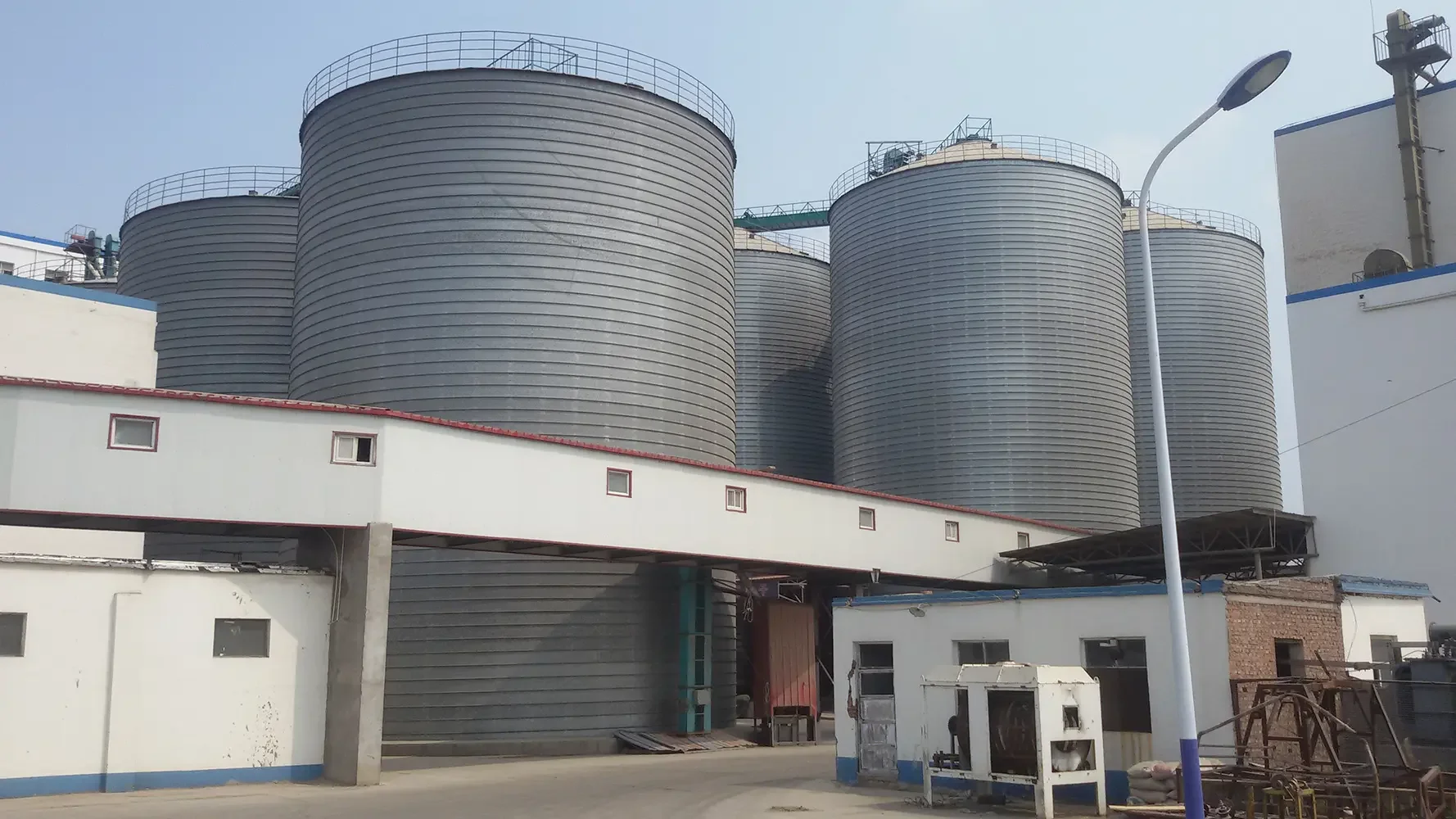
In today's fast-paced global economy, efficient transportation and logistics play a crucial role in ensuring the smooth flow of goods and services. Among the various modes of transportation, road freight forwarding stands out as a versatile and cost-effective solution. In this blog post, we will delve into the world of road freight forwarding, exploring its significance, benefits, and how it is revolutionizing the logistics industry.
- Understanding Road Freight Forwarding:
Road freight forwarding refers to the process of organizing and managing the transportation of goods by road. It involves coordinating the movement of cargo from the point of origin to the final destination, utilizing trucks, trailers, and other road vehicles. This mode of transportation offers flexibility, accessibility, and door-to-door delivery options, making it a preferred choice for businesses worldwide. - Key Benefits of Road Freight Forwarding:
2.1 Cost-Effectiveness: Road transportation is often more cost-effective compared to other modes, especially for short to medium distances. It allows for efficient utilization of resources, reducing overall transportation costs for businesses.
2.2 Flexibility and Accessibility: Road freight forwarding provides unparalleled flexibility, allowing shipments to reach even the most remote locations. With an extensive road network, it offers accessibility to areas where other modes of transportation may face limitations.
2.3 Door-to-Door Delivery: One of the significant advantages of road freight forwarding is the ability to provide door-to-door delivery. This eliminates the need for multiple handling and transfers, ensuring the safe and timely arrival of goods at the desired destination.
2.4 Efficient Tracking and Monitoring: Advanced technologies, such as GPS tracking systems, enable real-time monitoring of shipments during road transportation. This enhances visibility and enables proactive management of potential delays or issues, ensuring smooth operations.
- Road Freight Forwarding and Sustainable Logistics:
In recent years, sustainability has become a critical factor in the logistics industry. Road freight forwarding has made significant strides in this area by adopting eco-friendly practices. The use of alternative fuels, optimized route planning, and the implementation of energy-efficient vehicles are some of the measures taken to reduce carbon emissions and minimize the environmental impact. - The Role of Technology in Road Freight Forwarding:
Technology plays a pivotal role in optimizing road freight forwarding operations. Advanced software solutions enable efficient route planning, load optimization, and real-time tracking. Additionally, automation and digitization streamline administrative tasks, reducing paperwork and enhancing overall efficiency.
Conclusion:
Road freight forwarding is a vital component of the global logistics industry, offering numerous benefits and driving efficiency. Its cost-effectiveness, flexibility, and door-to-door delivery options make it an indispensable choice for businesses worldwide. By embracing sustainability and leveraging technology, road freight forwarding continues to revolutionize the logistics landscape, ensuring seamless transportation of goods across the globe.




